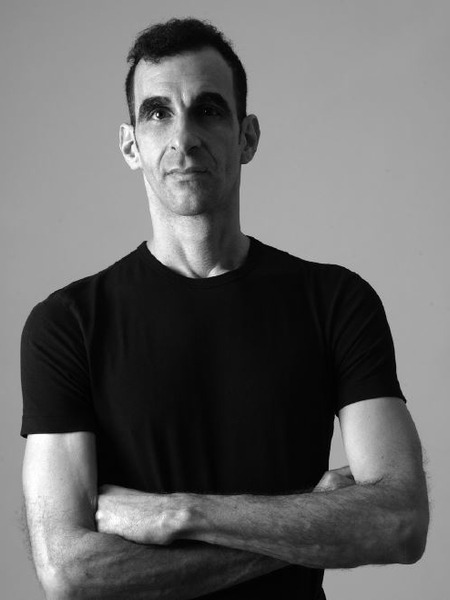A Career in Music Comes Full Circle at MIT
-
-
slice.mit.edu
Filed Under

Recommended
Jamshied Sharifi '83, a lifelong musician, could play the piano, guitar, drums, and flute by age 10. He has written musical arrangements for artists like Ray Charles and Stevie Wonder and composed the movie soundtracks for Harriet the Spy and Muppets from Space. Songs from his 1997 album, A Prayer for the Soul of Layla, were featured in the Oliver Stone documentary Persona Non Grata and a season finale of the television show E.R.
So it’s a surprise that he spent more than a decade at MIT—four years as a student and seven-plus as director of the Festival Jazz Ensemble. “MIT was a phenomenal environment in so many ways,” he says. “It was a gift to be around people who were pushing themselves to be their absolute best.”
At 18 years old, Sharifi had no plans to attend MIT. After graduating from high school in Kansas, he briefly moved to New York’s Hell’s Kitchen to pursue a career in music. After about a year, Sharifi met up with a high school classmate, Stewart “Shlomo” Vile ’83, who was attending MIT and encouraged him to enroll. “Shlomo told me, ‘This place is great—you need to be here,’” he recalls. “And he was right.”
Sharifi enrolled a few months later. He spent his junior year on a domestic exchange program at Berklee College of Music and, the same year, joined MIT’s jazz ensemble under Herb Pomeroy, the legendary trumpeter who led the group for 22 years.
In 1985, Pomeroy retired and asked Sharifi to lead the ensemble. Sharifi did so until 1992, and he also wrote 20 pieces for the group. “Herb was the greatest relationship I made at MIT,” he says. “He cared about everyone so deeply. I knew I could not match his level of musicality, so I tried to bring the same love to it that he did.”
After leaving MIT, Sharifi spent the next two decades based in New York but recording and performing music all over the world. A Prayer for the Soul of Layla was named Best World Album of 1997 by New Age Voice.
In the spring of 2012, the MIT Wind Ensemble performed Sharifi’s Awakening, a musical piece inspired by the Arab Spring, a wave of political demonstrations in Arab countries that began in 2010. The concert was personal—Sharifi’s father is Iranian.
Today, Sharifi divides his time between musical production, arranging, and live performances; his 2015 schedule includes shows in Mexico City, Guadalajara, Switzerland, and California’s Joshua Tree National Park. He lives in New York with his wife and two children.
This article originally appeared in the September/October issue of MIT Technology Review magazine.







